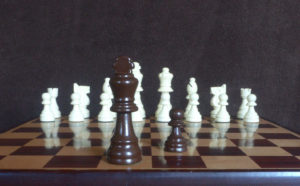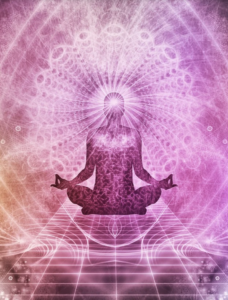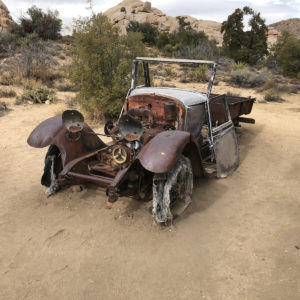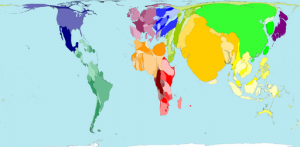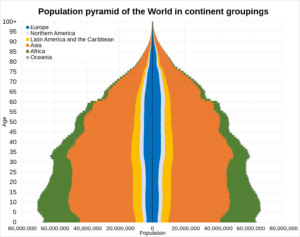 As a nod to human supremacy, any time we hear the word “population,” it generally goes without saying that we mean human population, of course. Other such words include health, lifetime, prosperity, intelligence, wisdom, murder, pro-life, culture. To many in modernity, it makes no sense to discuss the murder of an animal, the wisdom in mushrooms, or a culture among crows. Such self-centered arrogance!
As a nod to human supremacy, any time we hear the word “population,” it generally goes without saying that we mean human population, of course. Other such words include health, lifetime, prosperity, intelligence, wisdom, murder, pro-life, culture. To many in modernity, it makes no sense to discuss the murder of an animal, the wisdom in mushrooms, or a culture among crows. Such self-centered arrogance!
But where was I? Oh my—I got derailed before even starting. This post is about population of the human sort. In the 1960s, the rate of growth of human population appeared to be on a runaway ascent, enabled by the fossil-fueled Green Revolution. This alarming phenomenon prompted Paul Ehrlich to write The Population Bomb in 1968, warning of the inherent downsides in such an uncontrolled explosion of humans. But interestingly, the word “bomb” can also describe a dramatic failure, or falling flat—as in bombing a test.
In the past, my attention to population has been limited to the following points.
- The growth rate is grossly unsustainable, has accelerated historically, and is a reflection of temporary fossil fuels (Section 3.1 of my textbook).
- Despite lower birth rates, population growth in prosperous countries constitutes the largest population-growth-related resource burden on the planet (not poor countries).
- The demographic transition that worked in a past age for today’s “developed” countries is not really an option for the rest in a thoroughly-exploited world. Also, the inevitable population surge and resource demand accompanying the transition is an ecological double-whammy that Earth is not obligated to (and cannot) support.
These views are still valid for me, with an asterisk on the first point that will be the focus of this post. Last week’s post included a plot of human population growth over time. I was struck by the recent phenomenon of rapidly declining growth rates, which I had noticed in tables (pre-COVID) but had never seen in visual form. Here is the relevant graph in a larger format, straight from the United Nations’ 2022 population report and associated data.
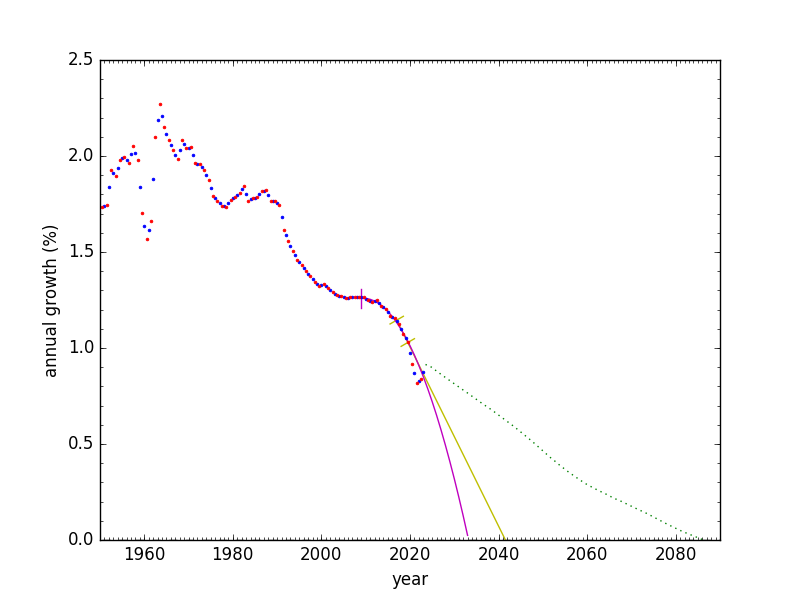
Data (dots) and projection (green-dotted line) from the United Nations. We’ll get to the solid curves later.
The annual fractional increase, in percent, is shown as blue or red dots, depending on whether tracking the July 1 to July 1 annual increase (blue, centered on the year boundary) or January 1 to January 1 (red, centered mid-year). The green dotted line is the U.N. 2022 projection for how growth rate evolves (look how it changed its mind on the slope!). When it hits zero, in 2086, the population peaks at 10.43 billion. Or their model tells us so. I’ll get to the magenta and yellow curves in due course.
The rapid decline in population rates in recent decades is impressive. The first plummet transpired from about 1988 to 2005, dropping from 1.8% per year to 1.25%. After a decade’s pause, the downward trend resumed, lately averaging 0.85% per year.
Since human population plays a huge role in the global meta-crisis, what do we make of these trends, and how might they shape our future?
Continue reading →
Views: 8595
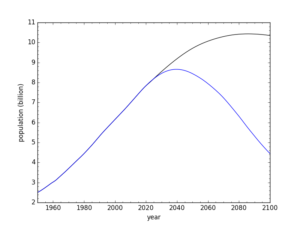 Last week, I reported the surprising realization that official population projections from the United Nations adhere to a notion of future fertility that appears to be immediately at odds with present real trends. The recent rapid decline in population growth—even pre-COVID—suggests that a population peak prior to 2050 is not outlandish, provided that current drivers continue to apply. Recent declines in fertility rates, together with a flattening age distribution of young folks, combine to set the stage for population peak and decline.
Last week, I reported the surprising realization that official population projections from the United Nations adhere to a notion of future fertility that appears to be immediately at odds with present real trends. The recent rapid decline in population growth—even pre-COVID—suggests that a population peak prior to 2050 is not outlandish, provided that current drivers continue to apply. Recent declines in fertility rates, together with a flattening age distribution of young folks, combine to set the stage for population peak and decline.


